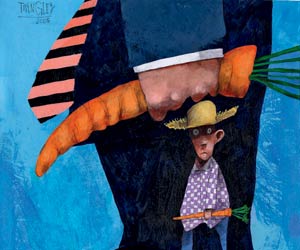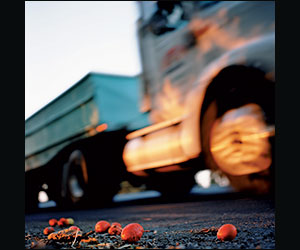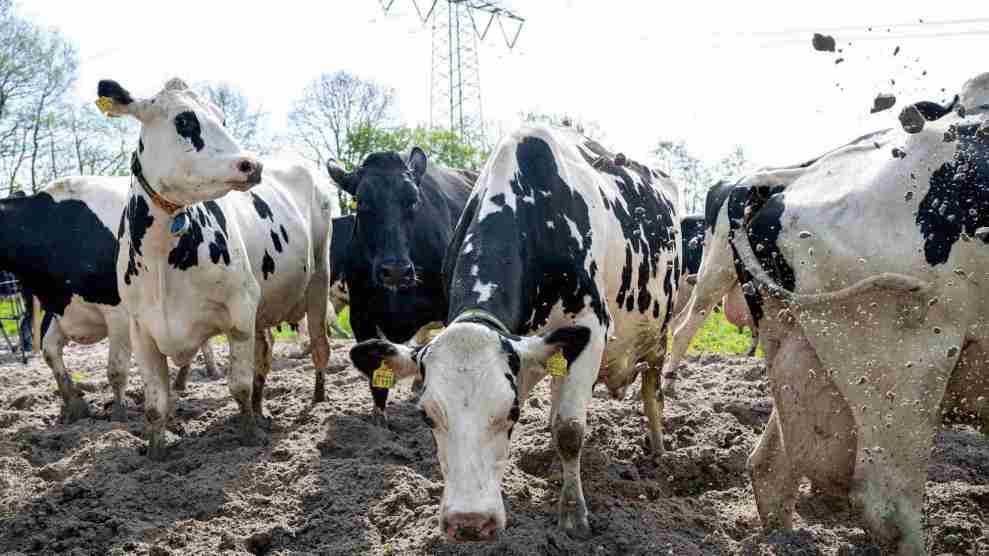Photo by Flickr user Tamaradulva under Creative Commons
You may have read yesterday that President Obama wants to set up a farmer’s market at the White House. On first glance, this confirms my suspicions that President Obama is pretty damn cool. In his words:
One of the things that we’re trying to do now is to figure out, can we get a little farmers’ market outside of the White House… I’m not going to have all of you all just tromping around inside, but right outside the White House so that we can, and that is a win-win situation.
It gives suddenly D.C. more access to good, fresh food, but it also is this enormous potential revenue-maker for local farmers in the area. And those kinds of connections can be made all throughout the country, and has to be part of how we think about health.
But coolness aside, if this idea becomes reality, the Obamas should be careful to make it a sustainable market for local farmers rather than a kitschy tourist attraction bogged down by pins and t-shirts that say “Yes We Can Farm” and “Change We Can Grow In.” But let’s face it, due to the massive security detail the market would require and the overwhelming draw for Washingtonians and tourists alike, the latter is more likely. After all, markets that truly support local, organic farmers have become increasingly rare even as farmers’ markets, both organic and kitschy, increased threefold between 1994 and 2008.
So taking the touristy factor as a given, how can Obama make the White House farmers’ market most beneficial to farmers and consumers alike? I have four ideas:
- Booths must provide free samples. And I’m not just talking about peaches. A farmers’ market has got to be more than a place for people to buy produce. Consumers need to roam freely to get a feel for the lay of the land before making buying decisions. Free samples of bread, veggies, and hummus-type spreads make this possible.
- Don’t try to sell me $8 eggs. Yes, it’s important to buy products that come from humane farms. But some studies have even shown that cage-free eggs may not be “all they’re cracked up to be.” And you can find organic, humane eggs for a reasonable price.
- How about some hot meal options? After a good hour of farmers’ market roaming, I tend to work up an appetite and a red pepper just doesn’t cut it. But farmers’ markets are often tempted to bring in chains so that they can charge higher booth fees. Including Chipotle or Panda Express is a quick way to destroy the market’s legitimacy.
- And throw some live music in there for good measure. But President Obama, resist the urge to go for star power. I don’t want to see Bono and Mary J. Blige headlining the main stage at your farmer’s market. Like the vendors at the market, the live musicians should be locals.
The White House farmers’ market could become a great national symbol for the importance of sustainable agriculture and community commerce. But the Obamas shouldn’t overdo it in fear of appearing even more like arugula-chomping lefties. Just keep it simple, follow my four suggestions, and this will turn into a very cool project.














